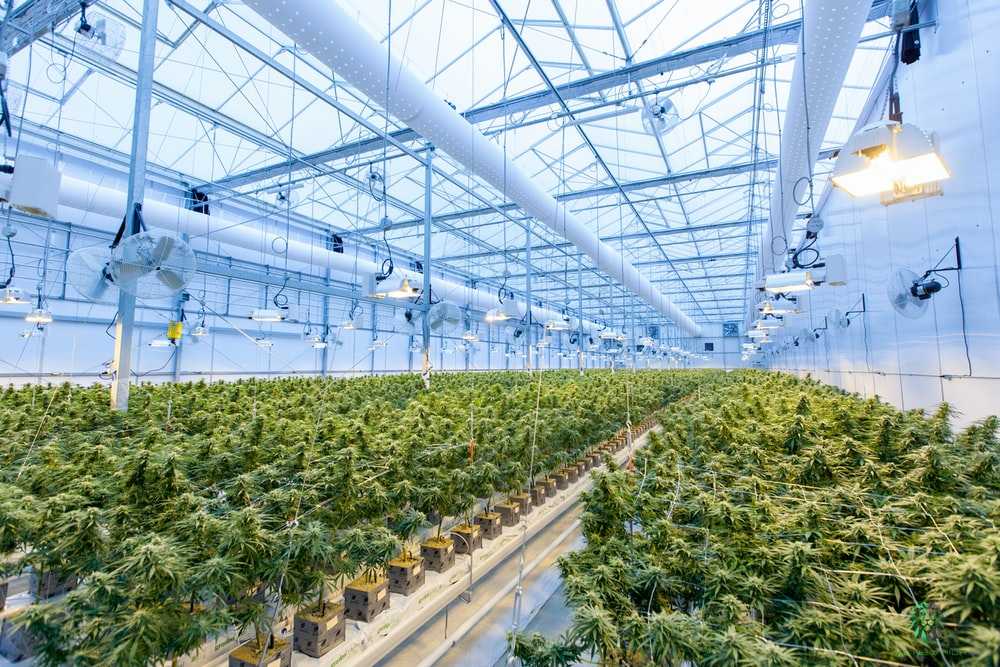When medicinal cannabis was first legalized, there was a lot of controversy surrounding how it would be received by the public, governments and of course, the pharmaceutical industry. At first, it seemed that the medical cannabis industry would pose a serious threat to the profits of the pharmaceutical industry. This contention was exacerbated when Insys Therapeutics donated $500,000 to anti-cannabis lobbyist group, Arizonans for Responsible Drug Policy. This pharmaceutical company also happens to be the creator of Dronabinol, a medicine made from a synthetic cannabinoid.
Everybody thought that this act, among a couple of others, meant war between the pharmaceutical industry and the medical cannabis industry. But the more the cannabis industry develops, the more the grey areas between pharmaceuticals and cannabis begin to emerge. Extraction technology has allowed us to arrive at virtually pure CBD, for which the main application is in the pharmaceutical manufacture of cannabis-derived medicines.
With cannabis legalization taking off in so much of the USA, and even so much of the world, it seems that the only way the pharmaceutical industry will get a slice of the cannabis pie is by cooperating. And there truly is a place where CBD and the pharmaceutical industry can meet and co-create.
What is “pharmaceutical CBD”?
Pharmaceutical CBD is not a strict term, but a trend that is emerging from the cannabis industry as a whole. When the cannabis industry first began, the major product was cannabis flowers. In the last decade, the range of cannabis products available has expanded into extracts, edibles, topical applications, transdermal patches and more. One of the consequences of extraction techniques is CBD isolate, which is the major meeting point between the cannabis industry and the pharmaceutical industry.
CBD isolate is essentially pure CBD. It has a wide, powdery substance, and is literally the cannabinoid in its raw form. Hemp plant material undergoes heavy processing to arrive at CBD isolate. It starts as an oil extract, after which it undergoes fractional distillation, chromatography, and winterization to become CBD isolate.
It’s important to recognize that there are only a couple of applications for CBD isolate in the world of consumers. It can be used for DIY topicals, for example, or a DIY CBD vape juice. Outside of this, CBD isolate has no real purpose for consumers. And this is where the pharmaceutical industry can, and already has, taken advantage.
CBD isolate and the pharmaceutical industry
The pharmaceutical industry has already been involved in the manufacture of cannabis-derived medicines. Sativex is a perfect example, produced by GW Pharmaceuticals. Sativex is an oral spray that has a 1:1 CBD:THC ratio, and was created specifically for the treatment of epilepsy. GW Pharmaceuticals also created Epidiolex, of which the main ingredient is CBD.
Pharmaceutical industries use isolates such as CBD isolate in the manufacture of pharmaceutical cannabis products because it gives the unique opportunity of exact cannabinoid measurement and dosage. It is next to impossible to create perfect cannabinoid ratios (such as Sativex’s 1:1) consistently because of variations between plants and yields. However, isolates basically mitigate this problem entirely.
Next to wholesale of CBD isolates to cannabis product manufacturers, the pharmaceutical industry is the biggest buyer. To participate in pharmaceutical cannabis, pharmaceutical companies must use exact cannabinoid concentrations to achieve consistency.
An opportunity for the pharmaceutical industry, but not a hostile takeover
The abundance of research that is taking place in relation to cannabinoids is creating a fully viable medical cannabis model. And to be honest, the manufacture of pharmaceutical-grade cannabis medicines like Sativex adds to cannabis’ validity as a therapeutic substance. The emergence of isolates is an opportunity for pharmaceutical companies to participate in the medical cannabis industry, and even boost their credibility.
This shouldn’t be seen as a takeover of the cannabis industry by the pharmaceutical industry. Consumers will still be able to choose between a product manufactured with single cannabinoids and whole plant extracts. And just as the cannabis industry is proving, many will still choose conventional cannabis products such as flowers or edibles. However, in more nuanced medical circumstances, patients will also be able to choose pharmaceutically developed cannabis products — and real ones, not synthesized ones.
There is a real opportunity for the pharmaceutical industry to reunite with the world of natural medicine. There has been a divergence between them for a long time thanks to the technological advancements of the pharmaceutical industry. CBD isolate and even other cannabinoid isolates pose an intersection between the pharmaceutical and cannabis industries, one that is likely to expand the scope of cannabis and those to whom it is available.





